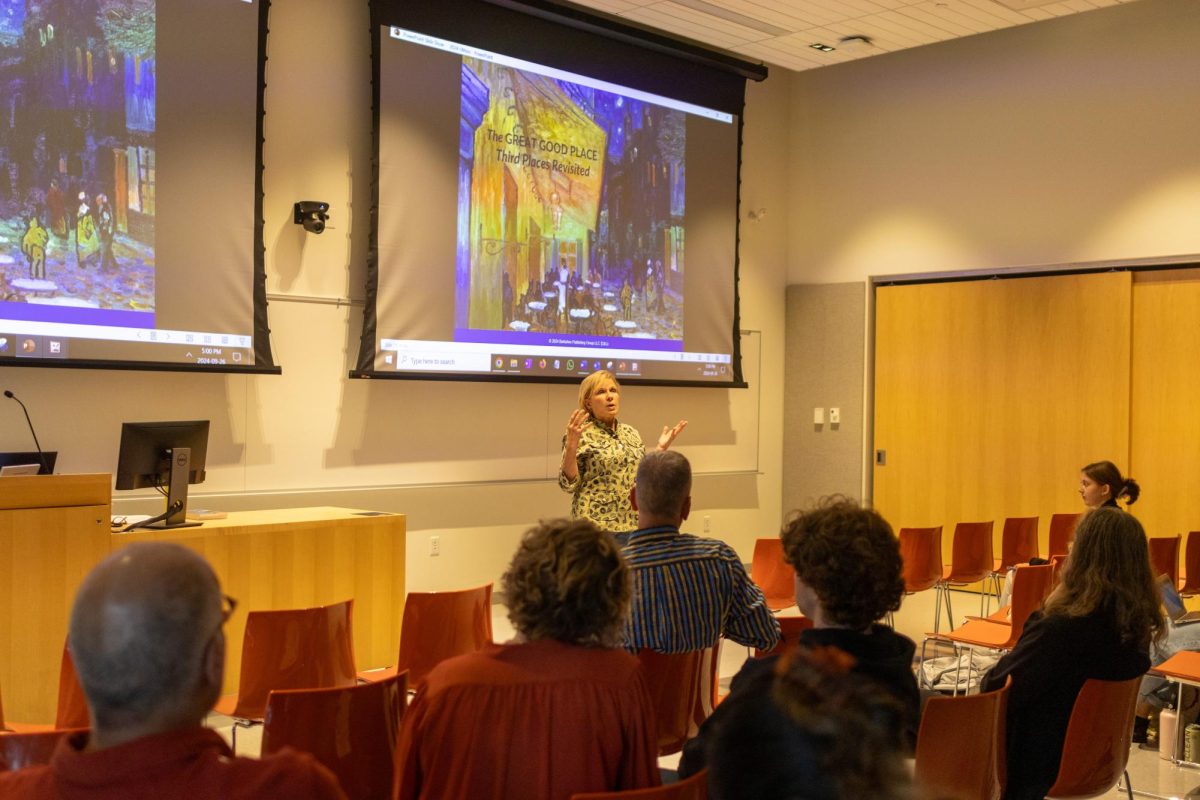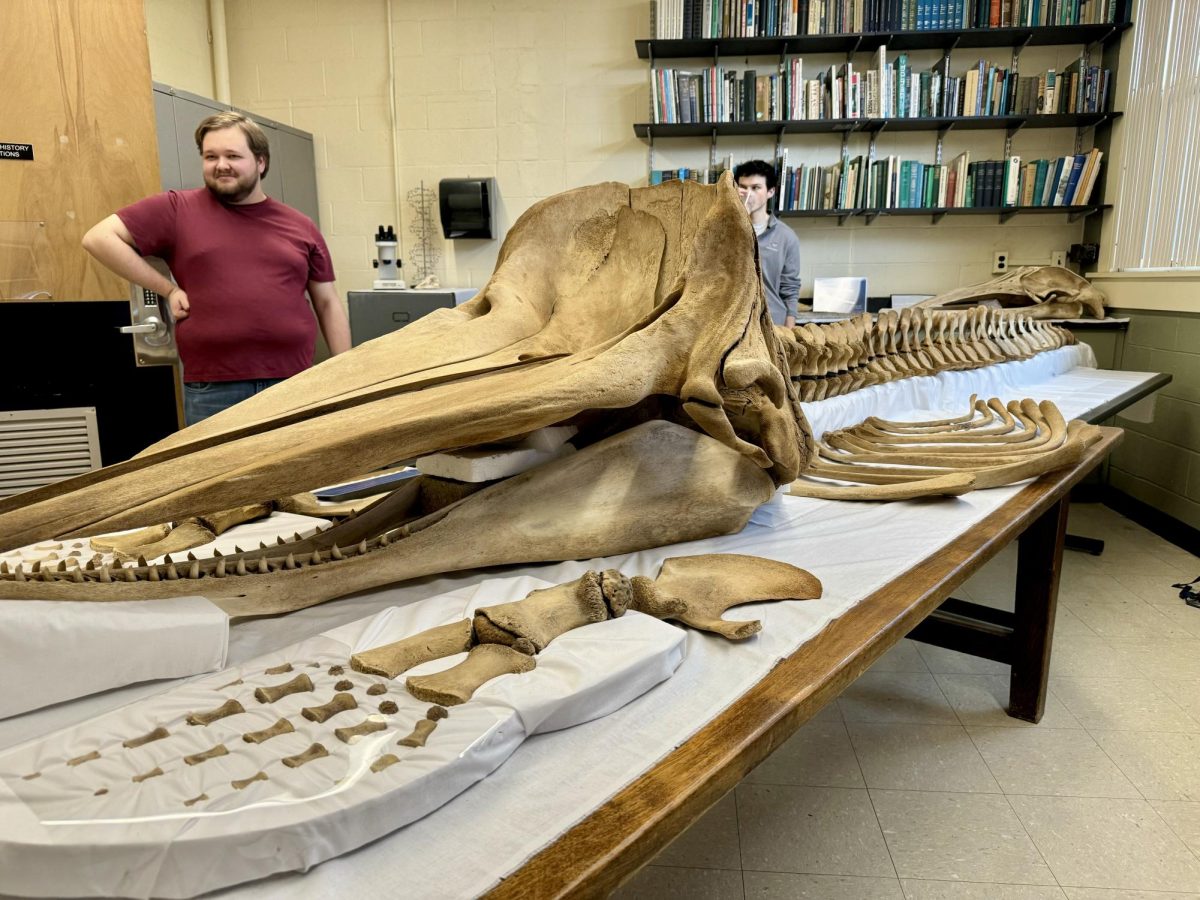
Warning the crowd about how governments are contributing to global warming, Knobloch spread the word about how further actions past those of “going green” were necessary to fighting the climate change.
Reminiscing of his past, Knobloch remembered a time where the temperatures were much cooler, and claimed that in today’s age, the number of 100-degree days could easily jump from about two a year to almost 24.
To relate the topic of climate change to the crowd, he provided insight into the agriculture of Massachusetts, stating that because the state heavily relies on the output of farmed goods, climate change will destroy crops and negatively affect the economy.
Knobloch’s focus was on governmental figures, ranging from their inaction against certain obstacles, and actions that he claimed are making the obstacles worse.
“Our political leadership is indeed paralyzed,” said Knobloch, indicating that those in power are not contributing solutions for various reasons.
He claimed that the problems that were contributing to climate change included economic hardships, primarily the recent recession, the continual burning of fossil fuels and ineffective leadership among members of congress and the White House.
“The Congress and administration has failed over the past two years to enact comprehensive climate and energy legislation for our country,” Knobloch said.
He also said that Republicans are a factor in climate change today.
“The Republican party regrettably decided to make climate change a partisan issue,” he said.
Knobloch added that the recession caused by the stock market collapse in 2008 caused unemployment rates to increase and that people are less likely to trust in a new plan while the economy is down for fear of losing even more than we already have. Along with this, the Republicans party has created a filibuster that requires a 2/3 vote for anything to pass through senate, which Knobloch said could make passing a climate change bill difficult.
As well as the Republican party, Knobloch said that President Barack Obama’s administration has yet to obtain a filibuster to tackle a bill for climate change laws, and should be taking the initiative.
However, he didn’t entirely blame political figures and said that there is influence from outside sources that are keeping things in the order they want.
“The fossil fuel industries and their allies retain a powerful grip over federal legislators, our federal legislatures,” he said.
Knobloch added that the influence held over legislatures has created problems. He made an example of how the Clean Air Act was suspended, which enables companies to release mercury, soot, smog and other chemicals into the air with no consequences.
In order to help tackle the topic of climate change, Knobloch recommended several solutions and actions that he thought should be taken.
His suggestions included substantial payments on greenhouse gas and emissions reduction, weakening political power and opposition, establishing fuel economy rules on rigs and cutting down on oil use and shutting down major coal burning facilities, which has been proved to create pollution that causes asthma, respiratory disease and premature death.
He also included the example of the 10 miles-per-gallon increase in cars in 2007, and said that this can easily increased from 10 miles-per-gallon to 60 miles-per-gallon.
Knobloch said that despite political figures not taking appropriate actions in his opinion, that people do have the ability to make a change.
“The inability of our political system to address a complex and difficult problem is, on its face, overwhelming,” Knobloch said.
“But to me, the clarity of what we have to do is liberated, and calls to the better ranges of our nature,” he added.
Knobloch finished his 48-minute lecture with an open question-and-answer session, further sharing his insight into more specific areas.
His final words were ones of inspiration.
“We can do this. To make a better world for us, it is our turn now.”
According to their website, The Union of Concerned Scientists “combines independent scientific research and citizen action to develop innovative, practical solutions and to secure responsible changes in government policy, corporate practices, and consumer choices.”
Tim Jones can be reached at [email protected]. Jessica Jankowski can be reached at [email protected].






